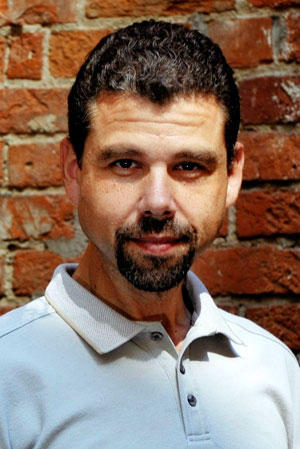As a parent, would you keep bailing your 21-year-old son out of bad situations due to his addiction to alcohol to protect him from having a criminal record or worse?

If you’re an assistant for a lawyer, do you cover up for her when she continually misses filing deadlines and client meetings due to an obvious but unspoken addiction to a prescription painkiller?
If, as a lawyer, you witness negligent behaviour by a colleague you suspect drank too much at lunch, would you be willing to simply forget what you saw and refrain from reporting the behaviour?
The people in these hypothetical situations are caring and compassionate people who are acting out of a sense of loyalty and empathy. No lawyer wants a complaint to the Law Society of Upper Canada, so why do it to someone else? No parent wants to watch as a child spirals into a perilous abyss with potentially permanent damage. How can that be wrong? In fact, most often it is.
Addiction is perplexing and pervasive. One of the hallmarks of addiction is the continued use of a substance or process despite adverse consequences. In other words, someone’s life may be disintegrating rapidly with risks to family, career, and health, but the person nonetheless persists with the self-destructive behaviour.
How can individuals as logical and solution-oriented as lawyers become susceptible to such a condition? In fact, reports indicate lawyers are as much as four times as likely to struggle with an addiction as those in the general population.
For family members, friends or colleagues, the challenges are often equally daunting. People often describe addiction as a family disease because those closest to the person are so tightly and intricately woven into the experience of it that they, too, suffer desperately and behave in profoundly
counterproductive ways.
This experience is what people often refer to as codependence.
Melody Beattie, in her book Codependent No More, defines the codependent person as “one who has let another person’s behaviour affect him or her, and who is obsessed with controlling that person’s behaviour.”
I would describe codependence as the addiction’s unwitting coconspirator except that conspiracy requires volition and intentionality. Most often, codependent people are oblivious to their active participation in and perpetuation of the infrastructure of addiction.
One way to describe it is that the addict has an addiction to the substance or process while the codependent person may have an addiction to the addict.
At the heart of codependence is the sense that the addicts are in trouble and need help but they can’t help themselves so we must step in and save them.
One of my former clients, who’s married to a lawyer but isn’t one herself, used to go into her spouse’s office to do his legal aid billings while he slept off a night of drinking.
She would ensure payment of his law society and LawPRO fees and would call some of her husband’s clients whose matters he had seriously neglected as she made up innocuous stories about why he wasn’t on top of things and how they need not worry. She was codependent.
It was his practice, but she behaved as though she was as responsible for his clients as he was. His law society status was hers as well. In her mind, she was protecting him from professional sanction or worse. She was holding down the fort while he figured out how to get better.
However, as long as she kept doing what she was doing, he was much less likely to recover. She was smoothing out all of the rough edges of his addiction.
If those with an addiction only begin to consider effecting a real change once the adverse consequences of their behaviour become too much even for them — what some call hitting bottom — her cushioning of the consequences was merely forestalling her husband’s arrival at that point. In other words, she was enabling him.
So what should we do in the face of this conundrum? Most importantly, we can reach out for help. It’s not an accident that most addiction treatment centres offer family programs.
Family and friends need to recover as well. Another way to reach out is to attend groups like Alcoholics Anonymous that include family and friends of people suffering with addiction.
The people there understand because they’ve been there. They also help break the isolation that can come from life with an addict. Therapists and addictions counsellors are also invaluable in breaking the grip of codependence.
Ultimately, the focus needs to shift from the addict and towards caring for yourself.
As Beattie puts it, the heart of recovery “lies not in the other person — no matter how much we believe it does.
It lies in ourselves, in the ways we have let other people’s behaviour affect us and in the ways we try to affect them: the obsessing, the controlling, the obsessive ‘helping,’ caretaking, low self-worth bordering on self-hatred, self-repression, abundance of anger and guilt, peculiar dependency on peculiar people, attraction to and tolerance for the bizarre, other-centeredness that results in abandonment of self, communication problems, intimacy problems, and an ongoing whirlwind trip through the five-stage grief process.”
It’s imperative, then, for both the addicts and those who care about them, to replace codependence with self-care.
Doron Gold is a registered social worker who’s also a former practising lawyer. He works with lawyers and students in his private psychotherapy practice and is also a staff clinician and educator at Homewood Human Solutions. He’s available at thelawyertherapist.ca.

 If you’re an assistant for a lawyer, do you cover up for her when she continually misses filing deadlines and client meetings due to an obvious but unspoken addiction to a prescription painkiller?
If you’re an assistant for a lawyer, do you cover up for her when she continually misses filing deadlines and client meetings due to an obvious but unspoken addiction to a prescription painkiller?